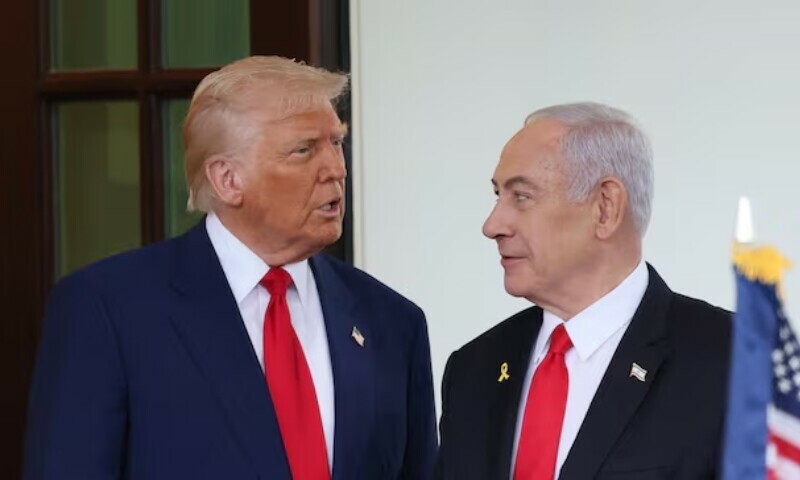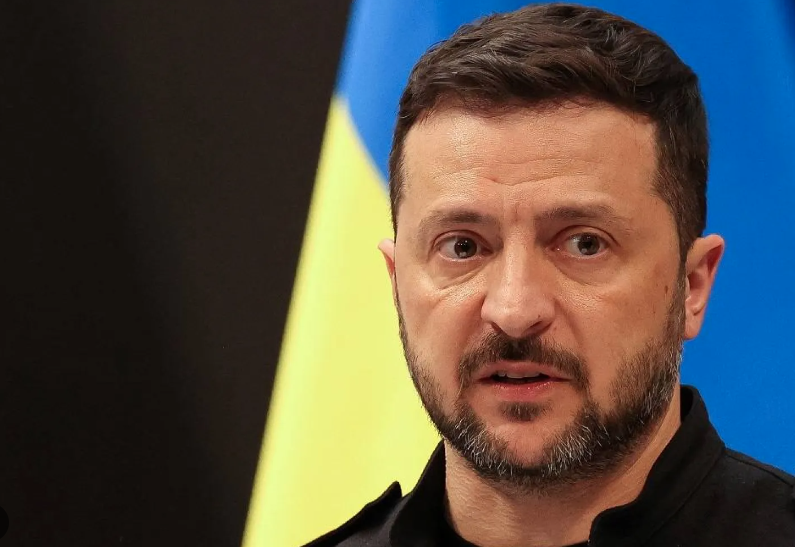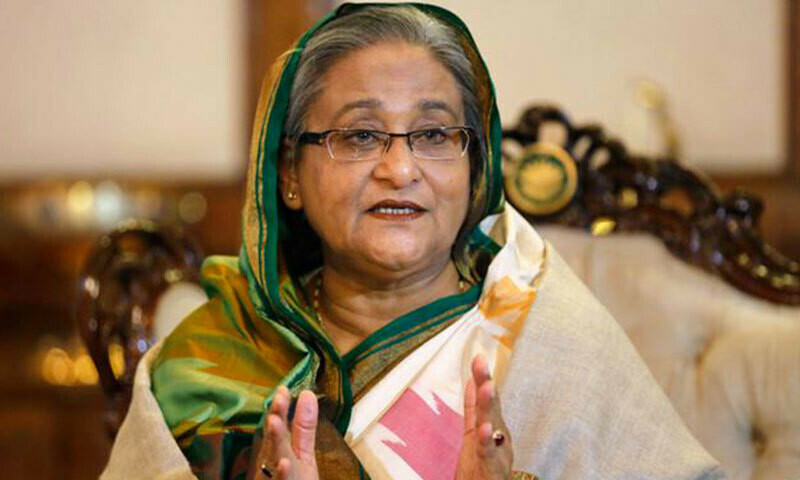WORLD NEWS

Israeli officials are expressing concern and frustration after President Donald Trump bypassed them during his Middle East trip this week, including key negotiations involving Hamas and a decision to stop bombings in Yemen.
Trump’s administration informed Israel that an agreement had been reached for the release of Edan Alexander, a hostage with dual Israeli-American citizenship, in talks with Hamas that did not include Israeli officials. This revelation, coming just days after Netanyahu’s government announced plans for an expanded military operation in Gaza, raised alarm about Washington’s priorities.
Israel’s concerns were compounded by Trump’s abrupt decision to cease US bombings of Houthi rebels in Yemen, despite a Houthi missile strike near Israel’s main airport. This, Israeli media commentators argue, signaled that Israel was no longer a top US priority. Itamar Eichner, a diplomatic correspondent for Ynet, stated, “The message to the region was clear: Israel is no longer a top US priority.”
This is not the first time that the unpredictability of Trump’s decisions has left Israeli officials blindsided. One unnamed senior official in Prime Minister Benjamin Netanyahu’s circle described the current state of affairs as “chaos,” where decisions are often made without consultation with Israel.
Despite these frustrations, some officials have downplayed the rift, emphasizing the ongoing strength of US-Israel relations. Foreign Minister Gideon Saar remarked, “We coordinate. It doesn’t mean you must fully agree 100 percent on every issue,” and affirmed that there remains significant common ground between the two nations.
US Actions and Their Impact on Israeli Interests:
- Trump’s Role in Middle East Peace Talks:
- Israel’s Disappointment Over Hostage Negotiations:
Trump’s involvement in securing Edan Alexander’s release through direct negotiations with Hamas, bypassing Israeli officials, has been a point of tension. The deal has raised concerns over the lack of transparency between the US and Israel. - Yemen and the Houthis:
- Trump’s decision to stop bombing Houthi rebels, even after a missile hit close to Israel’s airport, has added to the discomfort. Israeli officials view this as a significant shift in US priorities, especially given the region's security dynamics.
- Saudi Arabia and Israel Relations:
- There’s also been unease over a change in US policy regarding Saudi Arabia. Trump has now indicated that Saudi normalization of ties with Israel is no longer a prerequisite for nuclear cooperation talks, signaling a potential setback for Israel's diplomatic efforts.
Public Perception in Israel:
Israeli citizens, like Jack Gottlieb from Tel Aviv, are increasingly vocal about the divergence between Israel and the US, expressing frustration at the lack of cohesive leadership. Some feel that the US is prioritizing its own interests over Israel’s security needs.
Conclusion:
While Israel and the US continue to share a historically strong partnership, recent developments—particularly President Trump’s unpredictable decisions—have cast doubt on the future of this relationship. As Israel faces heightened tensions with its neighbors and international pressure over its actions in Gaza, its position as a key ally of the US seems to be increasingly uncertain.




